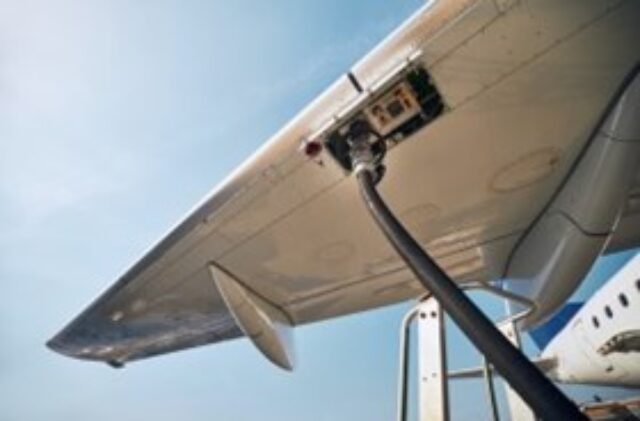Collins Aerospace developing astronaut trash compaction system
Collins Aerospace is working on an integrated trash compaction and processing system designed to deal with astronaut trash in situ.
For decades, the approach to managing astronaut trash has involved…

Collins Aerospace is working on an integrated trash compaction and processing system designed to deal with astronaut trash in situ.
For decades, the approach to managing astronaut trash has involved temporarily storing and ultimately disposing of the trash either by return to Earth or incineration during re-entry in a disposable supply vehicle. As NASA pushes the boundaries of human space exploration through longer missions to the Moon and Mars, these approaches will no longer be feasible.
Returning trash to Earth will be impractical, jettisoning it during the mission may result in the loss of valuable recoverable resources and disposing of it locally may pose a planetary protection risk.
To solve these challenges, Collins Aerospace, a unit of United Technologies Corp., has proposed an integrated Trash Compaction and Processing System designed to handle astronaut trash in situ.
Shrinking trash
Collins Aerospace says that through the compaction process, the system would reduce trash volume by 93%, turning two cubic feet of trash into a 9″x9″x1.75″ disc – “essentially reducing something roughly the size of a beer keg to a small pizza”.
Shawn Macleod, senior business manager for Space Systems at Collins Aerospace, said: “Astronaut trash poses a significant challenge for future missions to the Moon and Mars. Right now, the crew on the International Space Station generates roughly two cubic feet of trash per day, and a resupply vehicle comes and hauls it away about every four months. On the 18-month journey to Mars, that will not be an option. To facilitate longer missions, we need a new way to handle trash in situ, and our system offers the solution.”
NASA selected Collins to develop the concept through the agency’s Next Space Technologies for Exploration Partnerships-2 (NextSTEP-2) solicitation for trash compaction and processing systems. Under NextSTEP-2, Collins will have 18 months to develop and test its design, before NASA conducts a preliminary design review (PDR). A second phase focused on procurement will follow.
Subscribe to our weekly newsletter
















